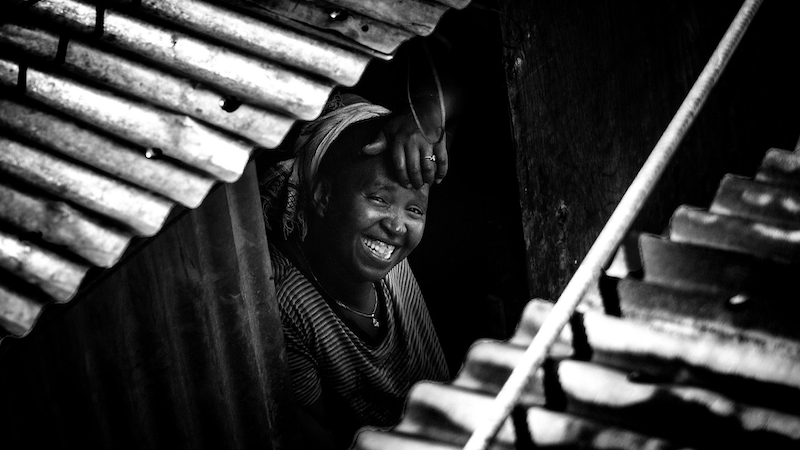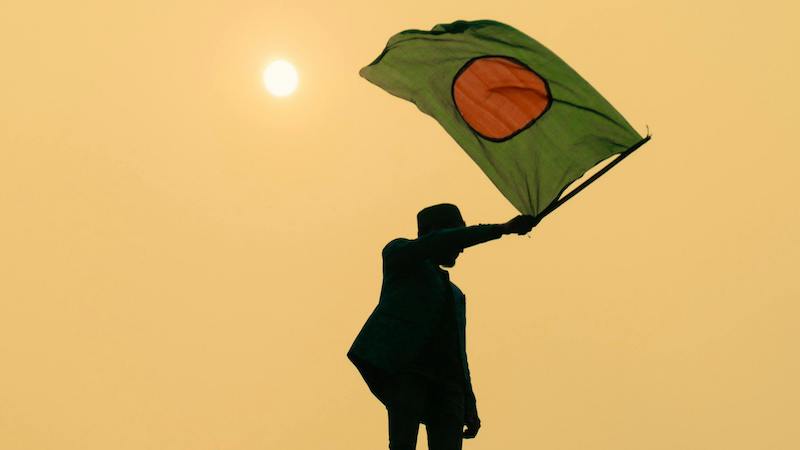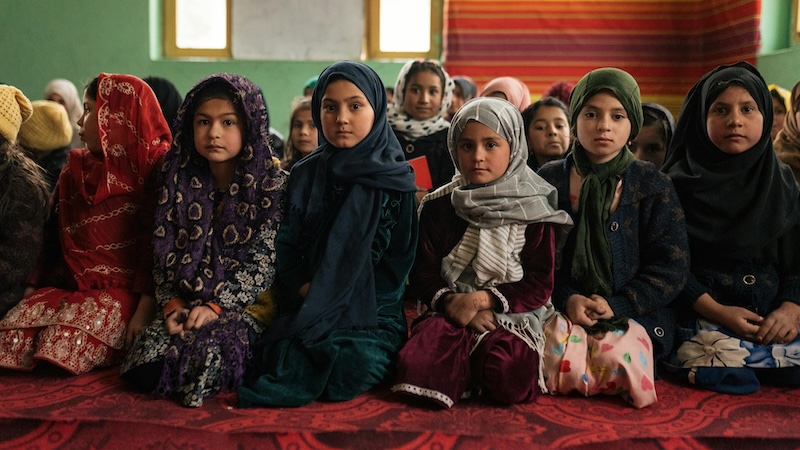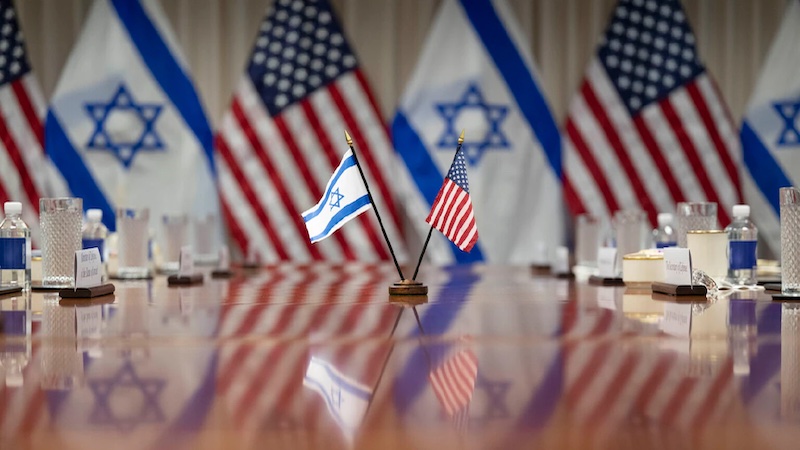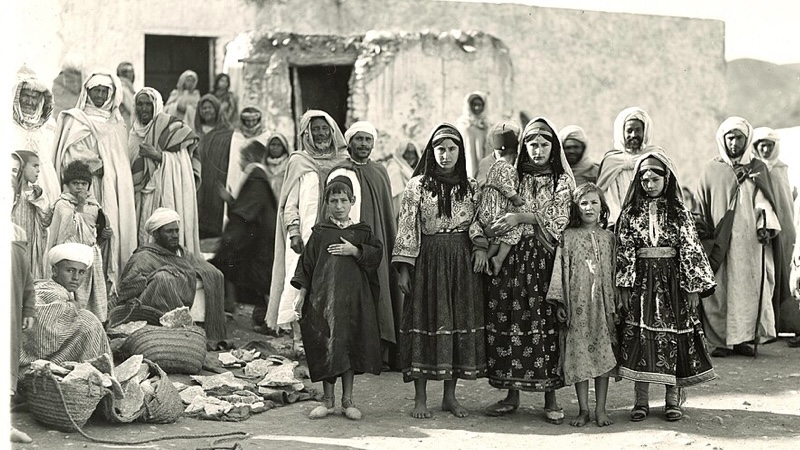This essay argues that in contemporary Ethiopia, linguistic and onomastic markers—particularly the ability to speak Afaan Oromo or to bear an...
Vous n'êtes pas connecté
- English
- Français
- عربي
- Español
- Deutsch
- Português
- русский язык
- Català
- Italiano
- Nederlands, Vlaams
- Norsk
- فارسی
- বাংলা
- اردو
- Azərbaycan dili
- Bahasa Indonesia
- Հայերեն
- Ελληνικά
- Bosanski jezik
- українська мова
- Íslenska
- Türkmen, Түркмен
- Türkçe
- Shqip
- Eesti keel
- magyar
- Қазақ тілі
- Kalaallisut ; kalaallit oqaasii
- Lietuvių kalba
- Latviešu valoda
- македонски јазик
- Монгол
- Bahasa Melayu ; بهاس ملايو
- ဗမာစာ
- Slovenščina
- тоҷикӣ ; toğikī ; تاجیکی
- ไทย
- O'zbek ; Ўзбек ; أۇزبېك
- Tiếng Việt
- ភាសាខ្មែរ
- རྫོང་ཁ
- Soomaaliga ; af Soomaali
Rubriques :
 Maroc - NEWSDAY.CO.TT - A la Une - 09/12/2024 06:38
Maroc - NEWSDAY.CO.TT - A la Une - 09/12/2024 06:38
Is Tobago another Scotland?
THE EDITOR: The self-government issue in Tobago reflects a broader global trend rooted in self-respect and a yearning for autonomy, where populations seek to be masters of their own destinies rather than beholden to external authorities such as monarchs or distant governments. Tobago’s unique context, particularly with the significant oil and gas royalties within its boundaries, often fuels discussions about independence and self-governance, akin to the sentiments expressed in regions like Scotland. However, the practical challenges of achieving self-governance for a relatively small population of under 100,000 must be carefully considered. Establishing a fully autonomous government capable of delivering essential services – such as healthcare, education, and infrastructure – requires considerable resources, expertise, and administrative capacity. The logistics of navigating global affairs, trade, and diplomacy would pose substantial hurdles for a smaller nation, potentially leading to vulnerabilities. Scotland’s approach offers an interesting model for Tobago. By negotiating a form of autonomy within the framework of the UK, Scotland enjoys the benefits of self-governance while still retaining access to the resources and support of a larger nation. This arrangement allows for greater flexibility and security, showcasing a pragmatic path to regional governance. As Tobago contemplates its future, exploring similar accommodations could provide a viable alternative to complete independence. Balancing local aspirations with practical realities might allow Tobago to harness its resources effectively while ensuring the well-being and stability of its citizens within a broader supportive framework. GORDON LAUGHLIN via e-mail The post Is Tobago another Scotland? appeared first on Trinidad and Tobago Newsday.
Articles similaires
Bangladesh After The Ballot: Change, Anxiety And The Return Of Old Forces – OpEd
The result of Bangladesh’s parliamentary election surprised few observers who had followed the country’s turbulent politics over the past two...
Exclusion Of Minorities Is A Ticking Bomb For Taliban – OpEd
For more than four decades, Afghanistan has endured repeated attempts to impose political stability from the center of power in Kabul. Monarchists,...
Exclusion Of Minorities Is A Ticking Bomb For Taliban – OpEd
For more than four decades, Afghanistan has endured repeated attempts to impose political stability from the center of power in Kabul. Monarchists,...
The Economic Case For The US-Israel Partnership – Analysis
By Zineb Riboua Discussions of the United States–Israel relationship tend to focus on security assistance, as though the partnership were...
The Economic Case For The US-Israel Partnership – Analysis
By Zineb Riboua Discussions of the United States–Israel relationship tend to focus on security assistance, as though the partnership were...
Indonesia At The Gaza Crossroads – OpEd
In his address to the inaugural Board of Peace meeting in Washington, D.C., President Prabowo Subianto provided a comprehensive overview of...
Indonesia At The Gaza Crossroads – OpEd
In his address to the inaugural Board of Peace meeting in Washington, D.C., President Prabowo Subianto provided a comprehensive overview of...
The Judeo-Amazigh Cultural Substratum: An Integrated Analysis Of North African Ethno-Religious Synthesis
Introduction The Jewish presence in North Africa constitutes one of the longest continuous diasporic experiences in Jewish history, with...
Prince Daniel Omolola: The Change Akoko North East & Akoko North West Deserve
The people of Akoko North East and Akoko North West Federal Constituency in Ondo State stand at a pivotal moment in their history. As calls...
Les derniers communiqués
-
Aucun élément

